Sermons
How then shall they call on him in whom they have not believed? and how shall they believe in him of whom they have not heard? and how shall they hear without a preacher? And how shall they preach, except they be sent? as it is written, How beautiful are the feet of them that preach the gospel of peace, and bring glad tidings of good things! But they have not all obeyed the gospel. For Esaias saith, Lord, who hath believed our report? So then faith cometh by hearing, and hearing by the word of God (Romans 10:14-17).
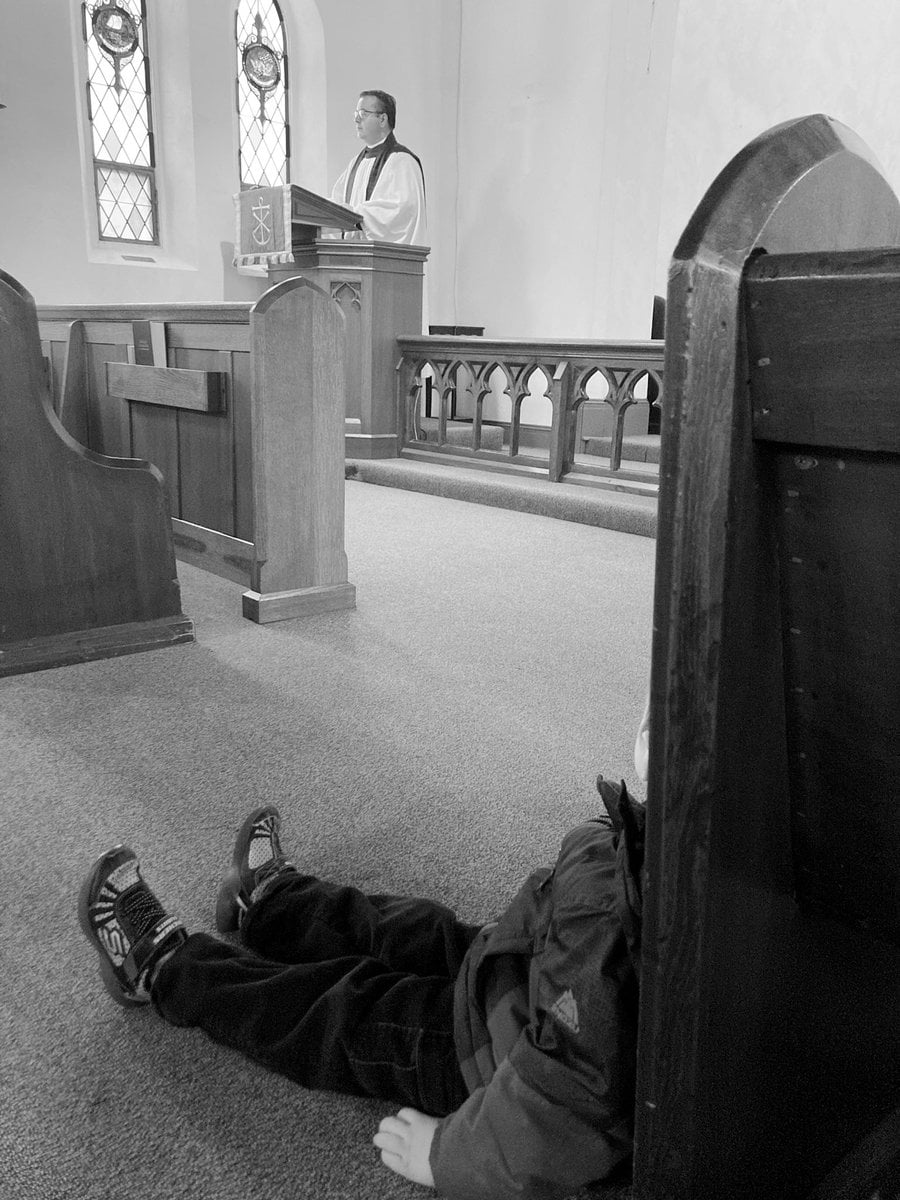

The Eighth Sunday after Trinity 2024
Which brings us to the question, why then would anyone possibly choose to either murder God’s prophets or ignore them, and in turn, murder themselves? As Jesus says today, ‘Beware of false prophets, which come to you in sheep's clothing, but inwardly they are ravening wolves’ (St. Matthew 7:15). The terror of this imagery should strike right to our hearts. Christ is describing a creature which looks like a Christian, but instead of being a sheep in the church’s pasture, he is a sheep’s worst enemy: a hungry wolf who will only be satisfied by not merely our destruction, but by gaining from our destruction, by tearing us apart until we are no longer a recognizable image bearer of God but merely an object to be consumed and digested. We usually think of men in authority when we imagine this monstrous creature; we think of greedy televangelists or evil priests who prey on young boys, but much more dangerous than these figures of obvious moral debasement are the characters who fill pulpits and pews with their lies and half-truths. The people who say things like, ‘God’s love is whatever I say it is,’ or ‘Be true to your heart and everything will turn out fine,’ or ‘Nothing really matters except loving yourself and being happy’ and on and on. Have you ever asked yourself, what does a person have to gain from telling these evil, banal lies to another person? Of course, people say them because they simply know these memorized nonsense phrases better than the life-saving truth of God’s Word, but they originate and are evangelistically spread by those who wish to use us and destroy us for money or sex or power
Sermon Date: July 21, 2024
Passage: Matthew 7
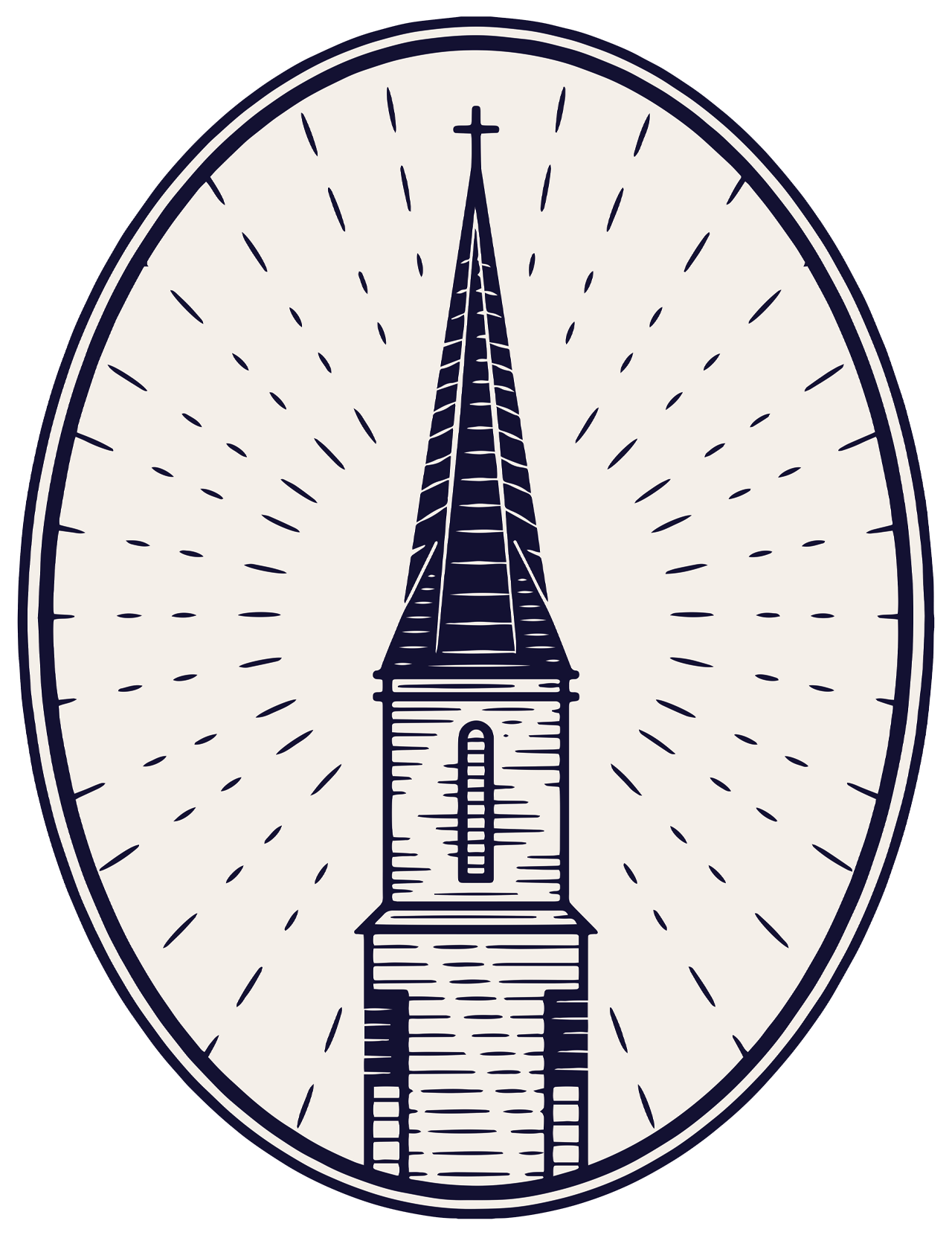
The Seventh Sunday after Trinity 2024
There lies our true position, and that is where our loving God meets us. As St. Paul writes, ‘For the wages of sin is death; but the free gift of God is eternal life through Jesus Christ our Lord.’ (Romans 6:23). Evil promises to pay us the fair wages our good and bad works deserve. Evil promises to meet us at the end of our lives—as we are stripped of all our possessions and loves and hobbies and accomplishments—evil will be there with a smile and check made out to death. If evil is the master we choose, we will be treated fairly—we will be left with nothing but the cruel master we served but could never save: we will be left with nothing but ourselves. If then we are, by our maimed and bloodied natures, constrained to serve some master this side of the grave, let it be the master who has revealed His righteousness not as some abstract theory, not through a list of rules, not even as a reward for a job well done. Let us serve the master who broke Himself against the same humanity that is breaking us; let us serve the master who looked at the warring, selfish, spiteful tribes of men and said, ‘I will save them, I will redeem them, I will show them how to love.’ We begin by never again saying, ‘I know best,’ we continue by recognizing that the only lasting part of our lives, the only thing which will matter when the last tears are shed over our graves, is the free gift of eternal life won for us by the God who looks down from the cross and says, ‘Follow me.’ It is only in the following of the master who has bought us back from death that we begin to taste and sense the great freedom of His bloody exaltation. The Christian, made new in the baptism of Christ’s blood, must say, ‘I am yours: lead me where you will. Lead me into sadness and suffering; lead me into pain and grief; lead me into sacrifice and praise; lead me to the resurrection; lead me to the new earth; lead me to freedom; lead me to forever.
Sermon Date: July 14, 2024
Passage: Romans 6
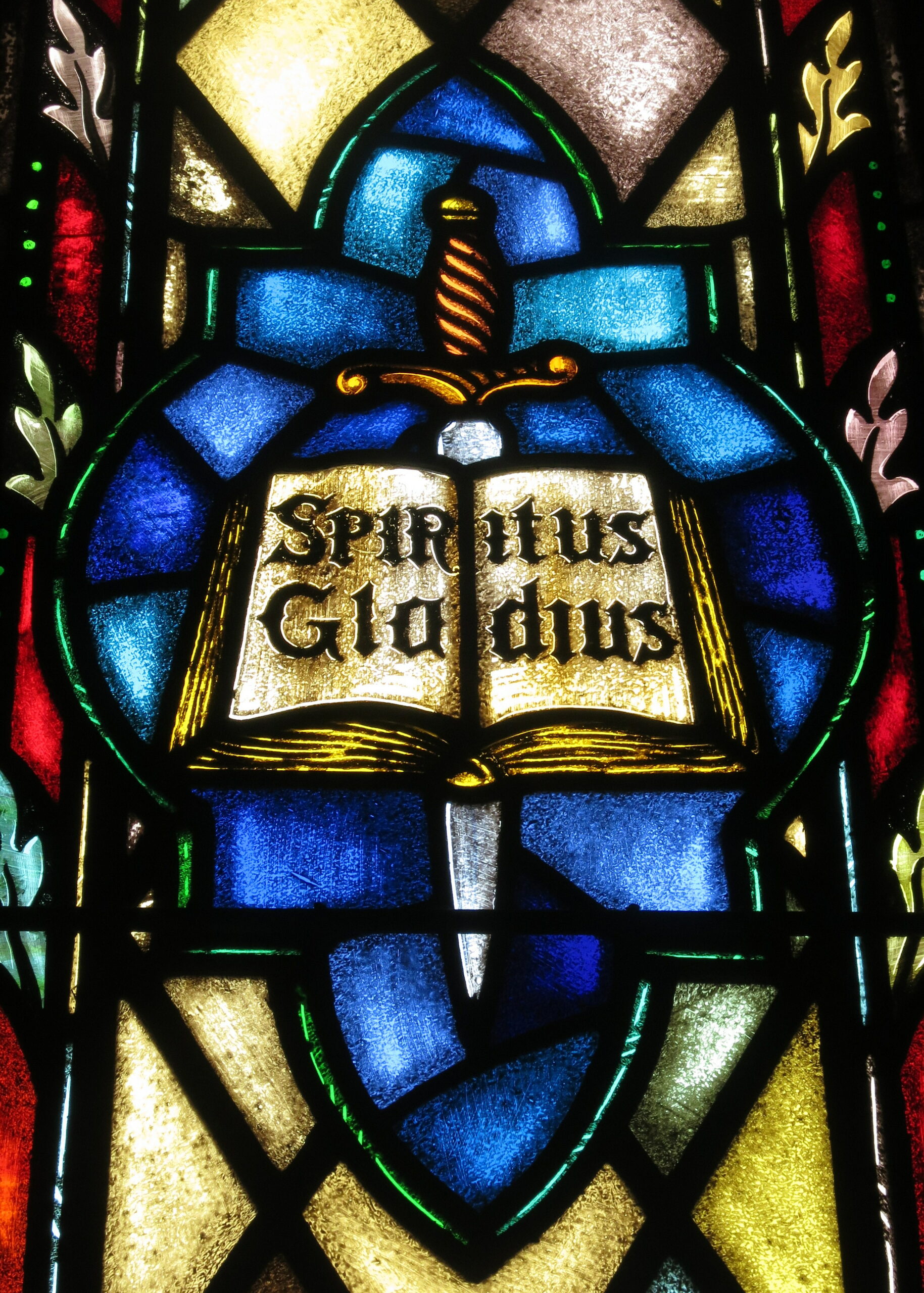
The Seventh Sunday after Trinity 2024
There lies our true position, and that is where our loving God meets us. As St. Paul writes, ‘For the wages of sin is death; but the free gift of God is eternal life through Jesus Christ our Lord.’ (Romans 6:23). Evil promises to pay us the fair wages our good and bad works deserve. Evil promises to meet us at the end of our lives—as we are stripped of all our possessions and loves and hobbies and accomplishments—evil will be there with a smile and check made out to death. If evil is the master we choose, we will be treated fairly—we will be left with nothing but the cruel master we served but could never save: we will be left with nothing but ourselves. If then we are, by our maimed and bloodied natures, constrained to serve some master this side of the grave, let it be the master who has revealed His righteousness not as some abstract theory, not through a list of rules, not even as a reward for a job well done. Let us serve the master who broke Himself against the same humanity that is breaking us; let us serve the master who looked at the warring, selfish, spiteful tribes of men and said, ‘I will save them, I will redeem them, I will show them how to love.’ We begin by never again saying, ‘I know best,’ we continue by recognizing that the only lasting part of our lives, the only thing which will matter when the last tears are shed over our graves, is the free gift of eternal life won for us by the God who looks down from the cross and says, ‘Follow me.’ It is only in the following of the master who has bought us back from death that we begin to taste and sense the great freedom of His bloody exaltation. The Christian, made new in the baptism of Christ’s blood, must say, ‘I am yours: lead me where you will. Lead me into sadness and suffering; lead me into pain and grief; lead me into sacrifice and praise; lead me to the resurrection; lead me to the new earth; lead me to freedom; lead me to forever.
Sermon Date: July 14, 2024
Passage: Romans 6
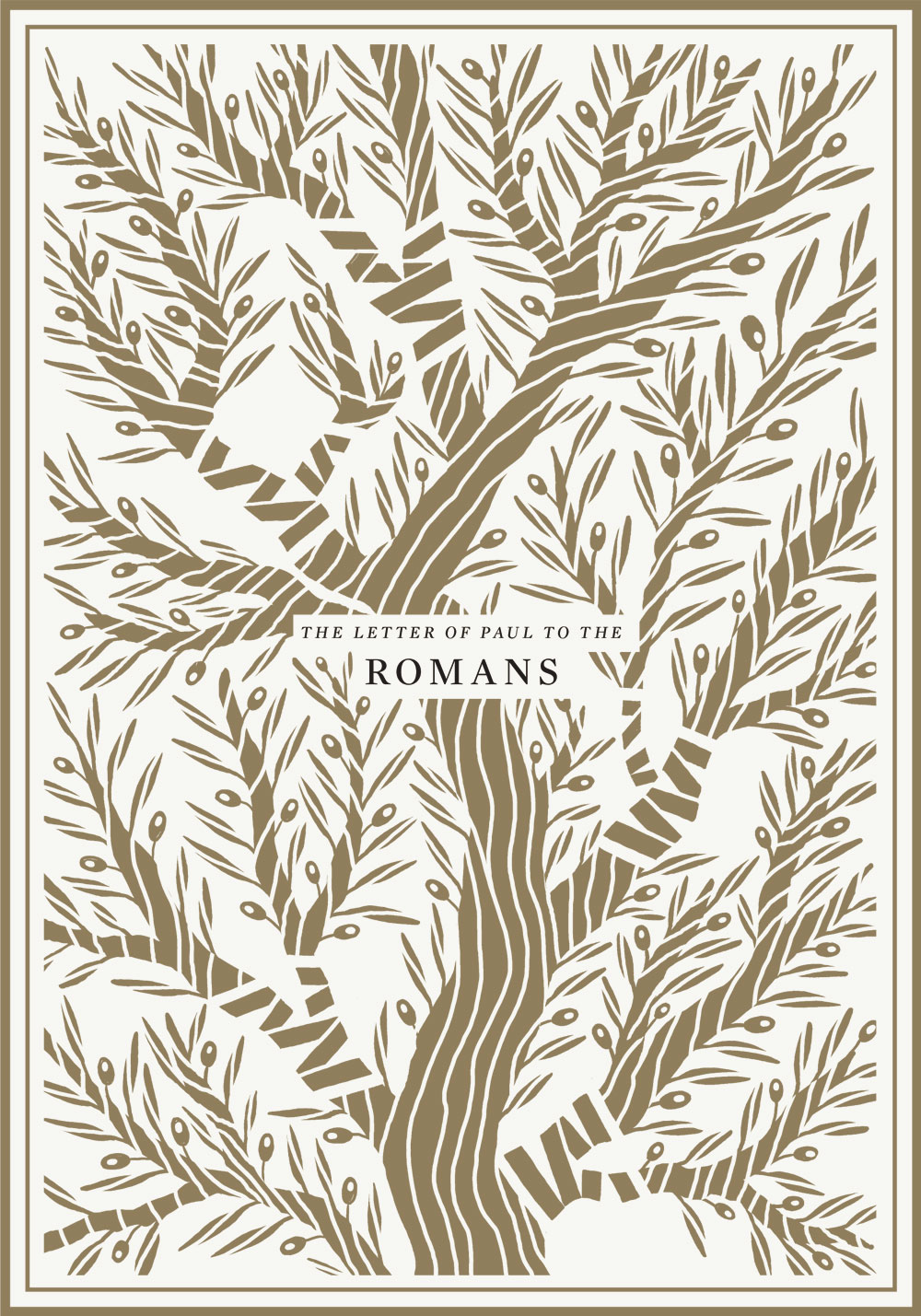
The Sixth Sunday after Trinity 2024
Why baptism? Because it is baptism which unites a human being with the salvation-history of God’s people. It is in baptism that we are there on the ark as it passes through the flood; it is in baptism that we pass through the waters of the Red Sea saved from the slavery of Pharaoh and his gods; it is in baptism that we are washed in the blood of Christ shed on Calvary and buried in the tomb from which He would break forth three days later; it is in baptism that we are united to the King who will return at the end of time. Trinitarian Baptism is the throbbing conduit between the real story of our life—the pain and joy of being human—and the real story of a creation destined to be saved by its Creator.
Sermon Date: July 7, 2024
Passage: Romans 6
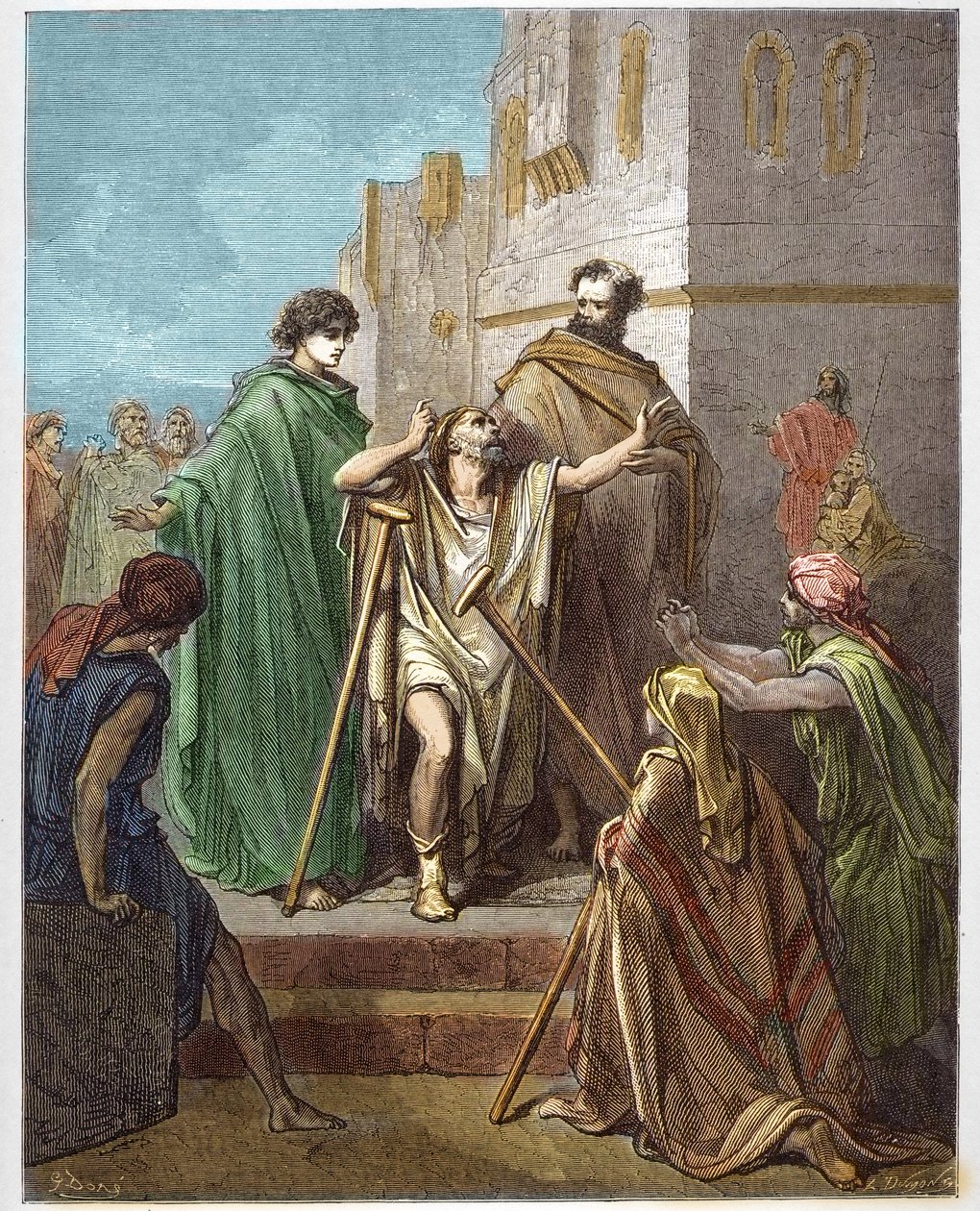
The Fifth Sunday after Trinity 2024
Peter’s response to all of this is to fall on his knees before Jesus and declare, ‘Depart from me, for I am a sinful man, O Lord’ (St. Luke 5:8). It fascinates me that it is this event which breaks Peter for the first time—not the healing of his mother-in-law or the bold, authoritative preaching; no, it’s Jesus meeting Peter in the world he thought he understood and upturning everything he thought he knew about it. As these professional fishermen struggled to get back to land, it became clear that St. Peter and his friends were experiencing their own personal epiphany—a moment in which the only logical explanation for the events occurring all around them was that they were in the presence of the divine. Peter falls on his knees because he knows he is unworthy to be in the presence of absolute holiness. Like Isaiah and Ezekiel before him, God has shown up to lay claim to St. Peter’s life and in that moment, the proud fisherman can only recognize his darkness as he hides from the light of the world. In that moment, Peter realizes that Jesus may be standing in his boat, but Peter’s boat is sailing on Jesus’ sea.
Sermon Date: June 30, 2024
Passage: Luke 5; 1 Peter 3
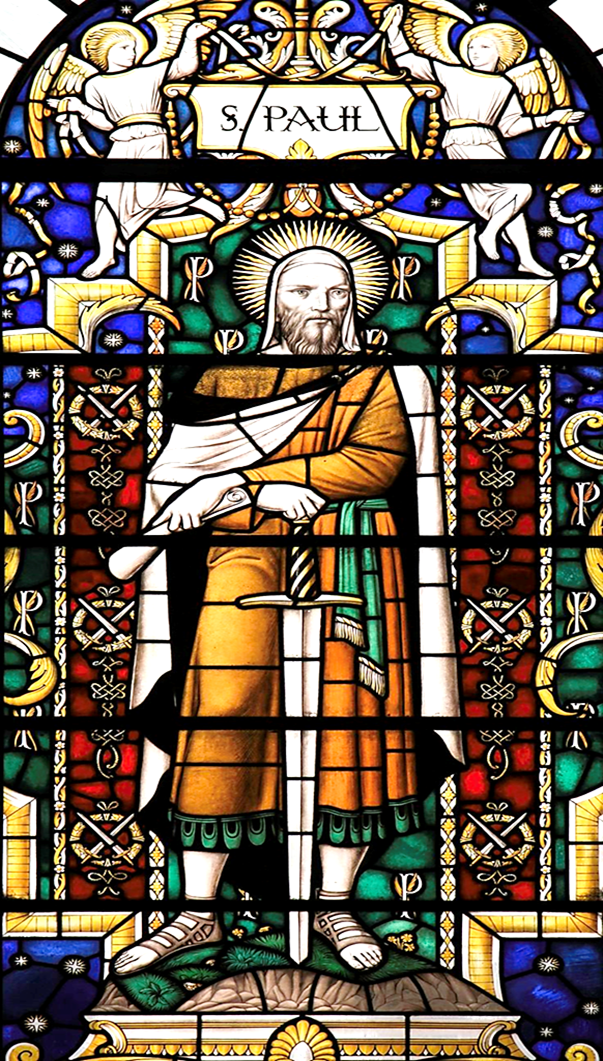
The Fourth Sunday after Trinity 2024
And if we recognize our place in salvation-history, if we recognize our place in the mighty acts of God in time and space, we can take each day for what it actually is: one blink of the eye for a royal priestly people preparing to storm the castles of evil and take back what is rightfully ours. As St. Paul writes to the Thessalonians, ‘For the Lord himself will descend from heaven with a cry of command, with the voice of an archangel, and with the sound of the trumpet of God. And the dead in Christ will rise first. Then we who are alive, who are left, will be caught up together with them in the clouds to meet the Lord in the air…’ (1 Thessalonians 4:16-17). The Lord who returns on that day will not be coming back to attend anyone’s horrifying church seminar on “Having it All”. On that day, Jesus Christ—the 2nd Joshua—will return to cleanse the new earth, the new Holy Land, the new creation, of the evil which the 1st Adam was too weak to exterminate. The evil which smiles at the death of children, laughs at the slaughter of men, and lives to keep humanity weak and enslaved to idols. Jesus is returning to bury evil forever, and St. Paul is telling us today that by the free grace of God it will be the resurrected victims of evil’s tragic reign who will follow our resurrected king into the last battle of the last war in the last hour of this fallen world. We learn that our entire life has been about winning this battle.
Sermon Date: June 23, 2024
Passage: Romans 8
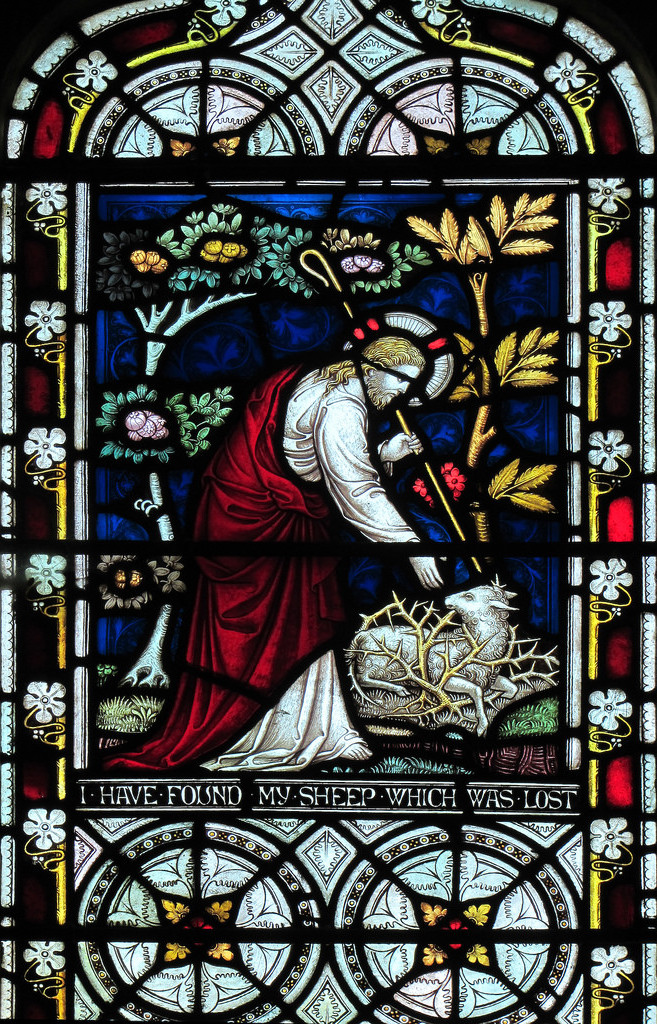
The Third Sunday after Trinity 2024
Against such powerful enemies, against a world intoxicated by greed and lust and power, against a supernatural foe dedicated to our destruction, we begin to see why it’s just so much easier to go along with the flow and fit in while our precious time on earth passes us by. We must, however, see that this surrender is not a neutral action; it is simply to trust in some other god for our protection and salvation. St. James, in another pastoral epistle, tells us that ‘For as the body without the spirit is dead, so faith without works is dead also’ (St. James 2:26). How true are these words, revealed every day by actions taken to appease the gods of our neighbors rather than to live in thanksgiving for the God who gives us life. And let us all be frank, men worship the gods of scientism and materialism because those gods seem to ‘work’—as long as we define ‘work’ as making us more comfortable or temporarily entertained or momentarily shielded from suffering. But, what do we do when St. Peter tells us, ‘Beloved, do not be surprised at the fiery trial when it comes upon you to test you, as though something strange were happening to you. But rejoice insofar as you share Christ's sufferings, that you may also rejoice and be glad when his glory is revealed’ (1 St. Peter 4:12-13). If we are Christians, we are being tested like Navy seals and NASA astronauts because we have desperately important work to do and a glorious future that demands a purified heart. The fire is necessary for glory.
Sermon Date: June 17, 2024
Passage: 1 Peter 5
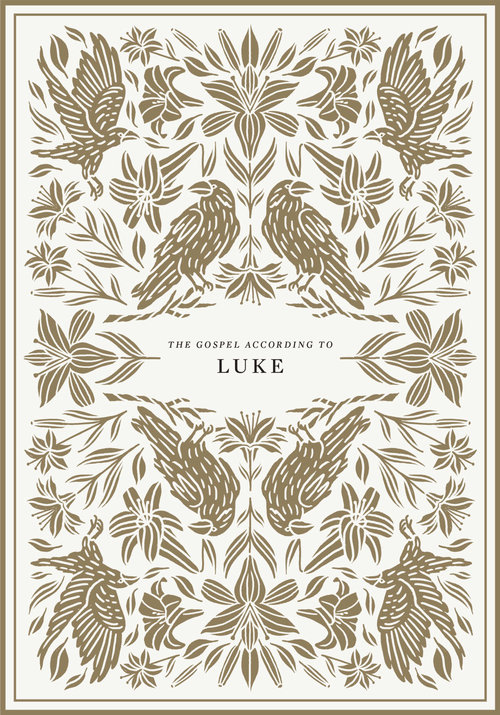
The Second Sunday after Trinity 2024
None of this world-saving generosity, this new world building grace, happens because of our self-righteousness or who our parents are; we don’t get a seat at the great table because of our party affiliation or our money or our perfectly calibrated political opinions. It is those who know they need the feast who answer the master’s call: the men and women who run to the master’s table are the outcasts from a fallen world which rewards evil and idolatry—a broken world which rewards attitudes like, ‘I have to make more money than I will ever need, so I can't come to the feast,’ or ‘I just bought a new car, and I need to try it out, so I can’t come to the feast,’ or ‘I really need to focus on quality time with my family, so I can’t come to the feast.’ There is no shame in being a pilgrim and a stranger and an outcast in a world which hates charity and peace, and it is precisely those pilgrims—to the shock and horror of Jesus’ original audience—who will be processed into the seats of honor to feast and worship and love for all time.
Sermon Date: June 9, 2024
Passage: Luke 14
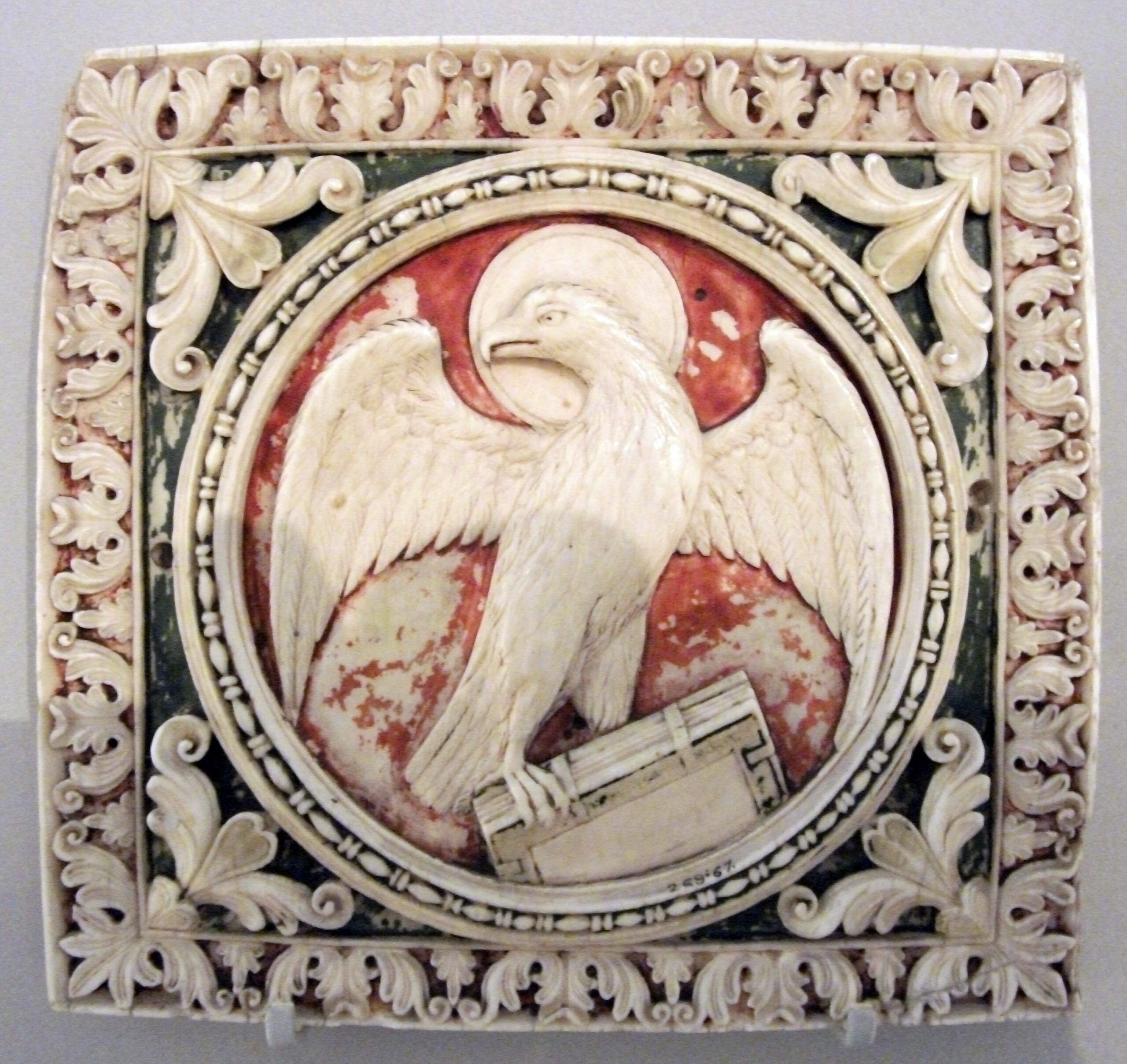
The First Sunday after Trinity 2024
How so very different from this meaningless mantra ('Love is love') is St. John’s transcendent definition of love: ‘In this was manifested the love of God toward us, because that God sent his only begotten Son into the world, that we might live through him. Herein is love, not that we loved God, but that he loved us, and sent his Son to be the propitiation for our sins’ (1 John 4:9-10). Love, we find, is not a slogan but the activity of the God who is love. More than a feeling or even a promise, true love is the acted-out self-sacrifice of God for those whose blindness causes them to call everything they touch in their own personal darkness, ‘love.’ God the Father and God the Son reveal a higher love to humanity by loving us when we were at our most unlovable, by giving a broken humanity eternal life through the eternal love of God. Jesus Christ allowed an evil creation to murder Him with iron and wood because real love is not about what we say or think or feel; real love is only unveiled through the actions which reveal a complete trust and faith in divine love—in the God given love which transforms, ‘I will love you forever,’ from a ridiculous lie into something worth dying for. Without eternal life, all love is as temporary as the fragile frames in which we reside, but with the loving, unmerited gift of eternal life, we can love with freedom and abandon even as those we love are cut down by disease or violence or age.
Sermon Date: June 2, 2024
Passage: 1 John 4
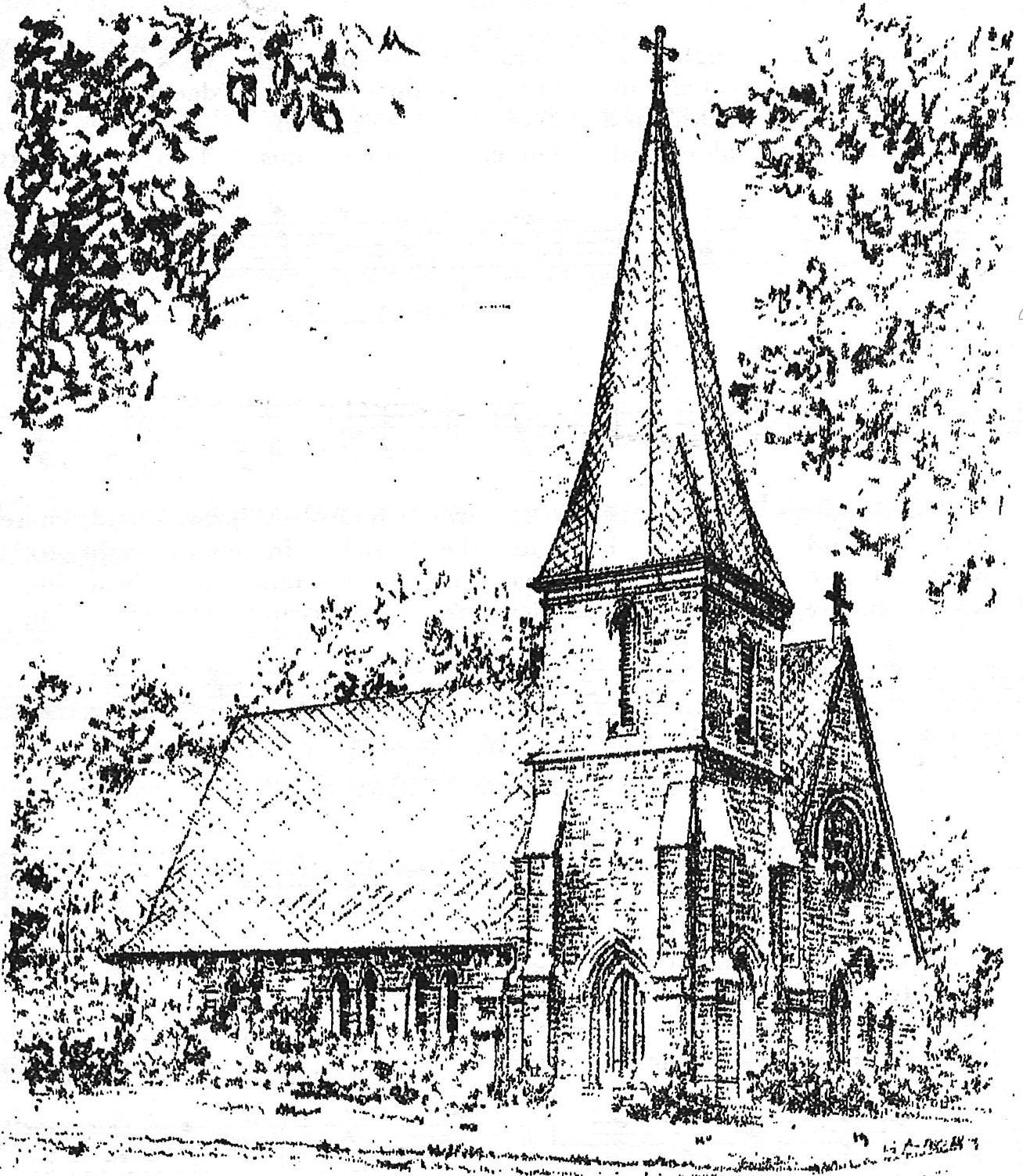
Trinity Sunday 2024
It is here that we begin to understand why St. John has included this debate in His Gospel, for this dialogue between a Jewish ruler and God the Son is central to the mission of John’s Gospel, the incarnation event itself, and nothing less than everything that has ever happened. Jesus states, ‘The wind blows where it wishes, and you hear its sound, but you do not know where it comes from or where it goes. So it is with everyone who is born of the Spirit’ (St. John 3:8). We see the work of the wind, we can measure it and analyze it, but anyone whose ever tracked a tornado knows that even with all of our technological might, we cannot know what the wind will do. The mystery of the wind, another word with a double meaning in Greek and Hebrew (spirit), is an analogy for the too big to comprehend way in which all reality is an expression of the Trinity revealing Itself to us. It is a declaration that a benevolent Godhead is moving creation itself to draw and save a new humanity. Poor Nicodemus, and us along with Him, has touched, for a moment, the very mystery of the universe, and all he can say is, ‘How can these things be?’ (St. John 3:9). Nicodemus has gone from proud representative of his people to shamefully defeated supplicant. Momentarily peering into the divine has broken this man who thought he was divinity’s master.
Sermon Date: May 26, 2024
Passage: John 3
